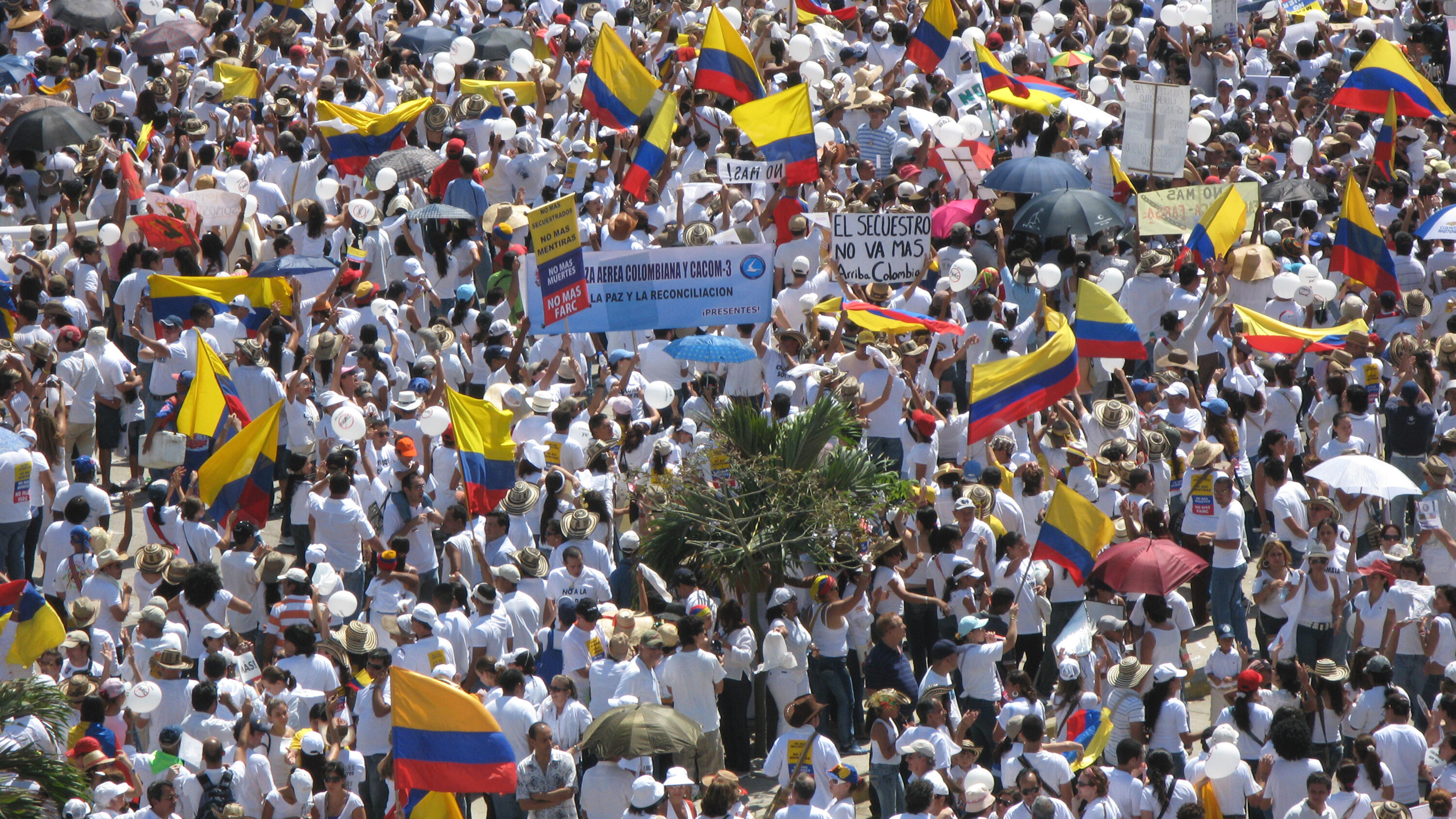Protests Have Spread Across the US - is Latin America Next?
The region's big six economies - Brazil, Mexico, Argentina, Colombia, Chile and Peru - have made big strides in improving democracy and reducing inequality in recent years. However, social unrest will continue to impact international investors in the region over the next decade...

This is an edited extract from Canning House’s inaugural LatAm Outlook 2020, which examines how political, economic, social and security trends will shape Brazil, Mexico, Argentina, Colombia, Chile and Peru.
Over the last 12 months, Latin America has been characterised by new populist governments, strong social outbursts, a dissolved parliament and continued corruption scandals. The unrest in Chile, which occurred despite the country being considered an economic model for the region, have highlighted structural problems of inequality, corruption and insecurity, not only in Chile, but further across the region.
Moreover, we have seen new trends emerging in these countries in recent years, including –interalia – an increasing lack of trust in authorities, disenchantment with democratic systems, a middle class with greater demands that feel unable to make additional social gains, increasing concern over migration, and polarisation between conservatives and progressives. When combined together, these factors collectively make the business environment more complex and challenging.
When it comes to what Latin Americans fear, there is a widespread perception that poverty and social inequality are among the main concerns in all countries across the region. In Mexico and Brazil, concern over inequality is overshadowed by increasing anxiety regarding crime and violence. In Argentina’s stagflation-hit economy, inequality features, but is less of a concern than other pressing issues such as inflation and unemployment. However, in Chile poverty and social inequality are at the top of people’s list of concerns by a comfortable margin, with the second highest concerns relating to financial and political corruption.
Increased expectations
The past twenty years have seen significant reductions in poverty, with all six countries halving the percentage of their populations below the poverty line. However, massive inequality will remain a major issue; Gini coefficients are in the 40-50 range, which is more in line with Africa than Europe - and this is not expected to significantly diminish over the decade.
The recent social protests and demonstrations across several countries have featured multiple sources of social discontent - poor public services, pensions, education, crime, political corruption. Protests are expected to continue for the foreseeable future - especially in the Andean countries, although the social-media-fed trend could spread to Mexico, Brazil or Argentina. The problems of inequality of power and influence will continue - with entrenched elites controlling the levers while others struggle to progress.
"recurring social protests will be the norm and they will turn violent if anarchist, criminal or hooligan elements get involved…."
However, the middle classes that emerged from the last commodity upswing will not slide back into poverty quietly – especially now that they have revised expectations, ambitions for their offspring, and have social media and know how to use it. Indeed, penetration of social media platforms like WhatsApp is 90%. Unless popular expectations are met in full, or at least until popular discontent can once again be channelled through political parties, which, at the moment, is not a likely prospect, recurring social protests will be the norm and they will turn violent if anarchist, criminal or hooligan elements get involved.
Migration
The standard response of last resort to limited national opportunities has historically been migration. The two big sources of migration in recent years – Central America and Venezuela – will continue to dominate the picture. In its tolerance and willingness to absorb migrants, Latin America has recently offered an outstandingly humane example to an increasingly intolerant world. However, the scale of the problem - hundreds of thousands from Central America and 4.5 million to date from Venezuela - is expected to test the capacity of recipient countries, especially Colombia.
"In its tolerance and willingness to absorb migrants, Latin America has recently offered an outstandingly humane example to an increasingly intolerant world…"
All of the ‘big six’ have made enormous progress in terms of democracy and development in recent decades but which still face serious challenges. Perhaps the main one is that of continuing to grow the size of the economic “pie” through continued open international trade and access to free markets, while improving its distribution in order to secure the consent of the governed. Given the highly unequal life chances of high proportions of their populations, that consent cannot be assumed.
The Outlook suggests that democratic government might become more populist, but it will survive; that economic progress will continue to be made, albeit slowly; and that continuing protests and disruptions will keep pressure on governments to share the benefits of progress more evenly. Governments – with the possible exception of Argentina - will also for the most part be fiscally responsible, but will be wary of erring too far on the side of austerity lest they provoke uncontainable social unrest. Our overriding conclusion is that most of the risks for international investors in the region are on the political and social side. Which makes it vital that British companies investing in Latin America understand the region.